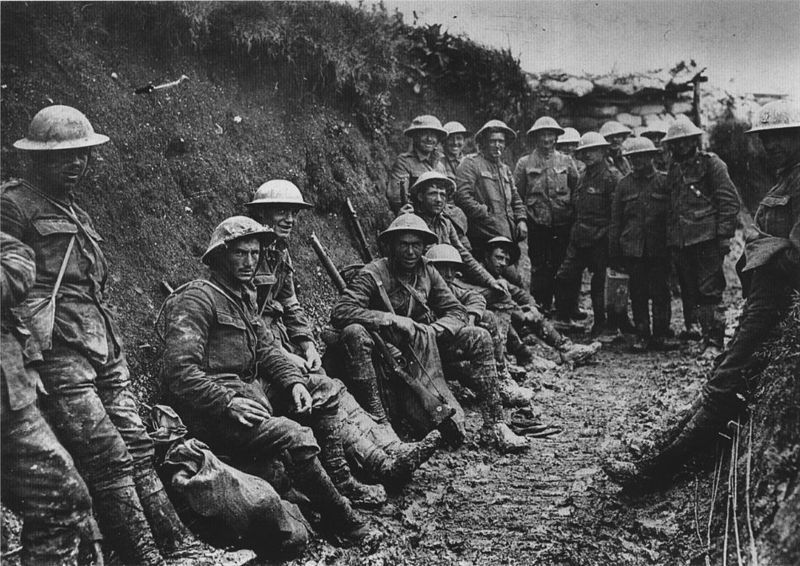I’m not a big poetry buff, but I came across this today, and it really touched me. Apparently, Rudyard Kipling’s 18-year-old son died in World War I in the Battle of Loos. The poem “My Boy Jack” was written by Kipling after this tragedy. Read the poem below. Can’t you just imagine a worried parent asking again and again if anyone has had news of his son?
“Have you news of my boy Jack?”
Not this tide.
“When d’you think that he’ll come back?”
Not with this wind blowing, and this tide.
“Has any one else had word of him?”
Not this tide.
For what is sunk will hardly swim,
Not with this wind blowing, and this tide.
“Oh, dear, what comfort can I find?”
None this tide,
Nor any tide,
Except he did not shame his kind —
Not even with that wind blowing, and that tide.
Then hold your head up all the more,
This tide,
And every tide;
Because he was the son you bore,
And gave to that wind blowing and that tide!
So, how can you use this in your classroom?
- Use it as an attention-getter or discussion starter. Put it on the board at the beginning of class when you are talking about World War I. Ask your students what they think it means and then tell them the origin.
- Discuss it with students and have them write their own poem about World War I.
- Discuss it and ask students what their friends or relatives would write about them if they died in battle.
- Discuss it and talk about how families today deal with the grief of losing loved ones in military service. Compare and contrast the experience today versus what people would have experienced then.

